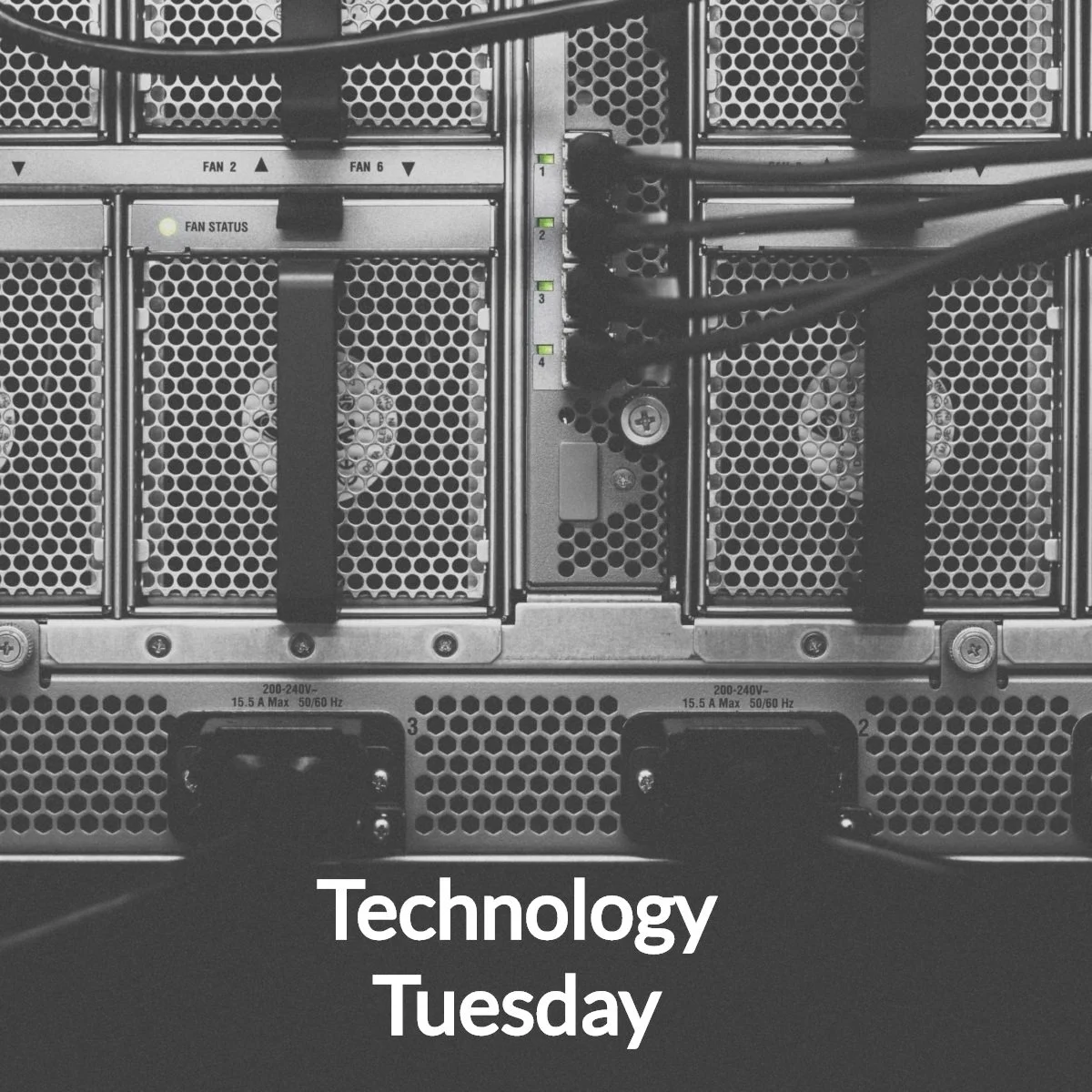If you’ve been in the market for a new air conditioner (it is summer, after all), you may want to consider a model that goes above and beyond what government regulations require. Getting a more efficient air conditioner doesn’t mean that you’re going to have to bring your salmon-colored 1970’s hot pants out of the garage, but rather it’ll do the same amount of cooling but using less energy. It’s like buying a new car, but with an option that makes the engine more efficient with the same amount of horsepower. Wouldn’t you consider it?
Aside from the societal benefits of “going green”, you would ask yourself what are the financial benefits? And would upgrading pay off in the long run?
More efficient air conditioners by logic will cost more, but you need to make sure that the savings will justify it. Remember: The normal lifespan for most air conditioners is around 15-20 years. The amount you pay for the unit itself may be a small percentage of the overall cost to run it.
I will show you one example of how we here at SJVCEO compare energy savings on AC unites. Here, we are comparing a 3-ton 13 SEER air conditioner unit to a 3-ton 19 SEER unit. SEER stands for Seasonal Energy Efficiency Ratio. This metric is used to measure how much cooling a system puts out for each unit of energy it consumes. The usage below is based on 1,491 annual cooling hours and 20 cents per kilowatt-hour.
The difference in cost between the two models is about $1,300—almost twice as much!—but the savings catch up pretty quickly, and start paying dividends just after 6 years. If we were to adjust for inflation at a conservative 3% after 15 years, we’re up a solid $4,200 over the 13 SEER unit! That money could be used for doing more energy-saving projects around your building, or for investing, or however you see fit.
\If you want to see if it’s worth it for you to select a high-end model, check this great calculator (
http://www.hvacopcost.com/) to help determine those energy cost savings. If the energy savings over your preferred amount of time is greater than the difference between the base model and the high end model, you’ll probably see some savings!




